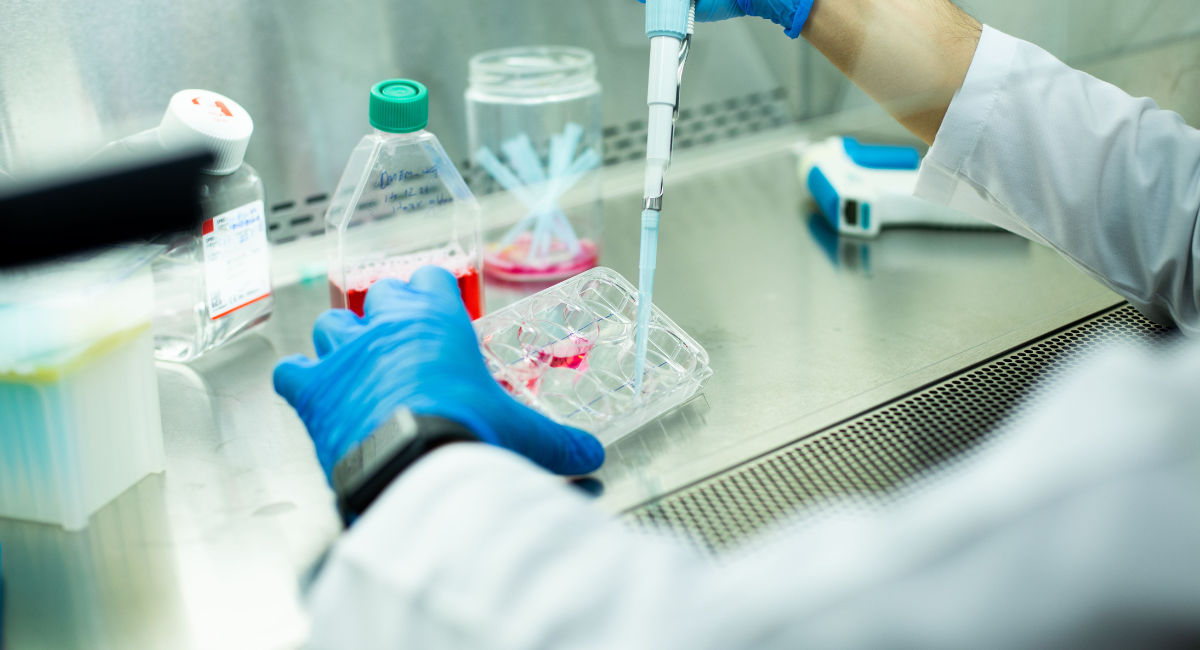
The Ethics of Stem Cell Therapy
Stem cell therapy is a groundbreaking field in medicine that offers hope for treating various health issues, from joint pain to autoimmune conditions. However, with its promise comes important ethical considerations. Understanding these can help you make informed decisions about whether this treatment is right for you.
What is Stem Cell Therapy?
Stem cell therapy uses special cells to help the body heal itself. These cells come from different sources, including umbilical cord tissue and blood. The therapy can promote tissue repair, reduce inflammation, and improve overall health.
Ethical Considerations in Stem Cell Therapy
Here are the key ethical issues to consider when exploring stem cell therapy:
1. Source of Stem Cells
The source of stem cells is crucial in determining the ethicality of the therapy. At Nourish House Calls, we ensure the following:
- Healthy Births: All stem cell products come from healthy births. This means the mothers giving birth are carefully monitored to ensure the highest quality and safety.
- Willing Donations: The mothers who donate their umbilical cord tissue and blood do so voluntarily, with full knowledge and consent. They understand that their donations will help others heal.
- Respectful Practices: Every step of the donation process is conducted with respect and care, both for the donors and the recipients.
2. Safety and Regulation
Safety is a top priority in stem cell therapy. Here’s how it is managed:
- FDA Oversight: We use products from laboratories approved by the U.S. Food and Drug Administration (FDA). This ensures that the products meet strict safety standards.
- Regular Inspections: These labs undergo frequent inspections to maintain high standards of safety and quality.
- Strict Protocols: The products are made under strict protocols to ensure purity, potency, and safety for use.
3. Informed Consent
Informed consent is a fundamental part of ethical medical practice:
- Clear Information: Patients receive detailed information about the therapy, including its benefits, risks, and alternatives.
- Voluntary Participation: Participation in stem cell therapy is completely voluntary. Patients should feel free to ask questions and understand the treatment before agreeing to proceed.
4. Ethical Sourcing
Ensuring that stem cell products are ethically sourced involves:
- Respect for Donors: Donors’ rights and privacy are respected throughout the process. They are fully informed and consent to the use of their donations.
- No Exploitation: The process avoids any form of exploitation or coercion, ensuring that donations are made freely and ethically.
Why Ethics Matter
Ethics in stem cell therapy matter because they ensure that:
- Patients are Treated Fairly: Ethical practices protect patients from harm and ensure they receive high-quality care.
- Research is Conducted Responsibly: Adhering to ethical standards promotes responsible research and development, fostering trust in the medical field.
- Trust is Maintained: Ethical practices build trust between patients and healthcare providers, ensuring that patients feel confident in their treatment choices.
How to Make an Informed Decision
When considering stem cell therapy, it’s important to:
- Research Providers: Choose a provider that follows ethical practices and adheres to safety regulations.
- Ask Questions: Don’t hesitate to ask about the source of stem cells, safety measures, and informed consent processes.
- Consider Alternatives: Explore other treatment options and compare them to ensure you make the best choice for your health.
Conclusion
Stem cell therapy offers exciting possibilities for healing and regeneration, but understanding the ethical considerations is crucial. By ensuring that the source of stem cells is ethical, the treatment is safe, and patients are fully informed, you can make a well-informed decision about whether this therapy is right for you. If you have more questions or need guidance, consult with a healthcare provider who follows strict ethical and safety standards.
Nourish House Calls provides Functional and Regenerative Medicine services to patients in Illinois, Florida, Arizona, Oregon, New Hampshire, and Vermont. In-person house calls are available in Hinsdale, Clarendon Hills, Westmont, Downers Grove, Oak Brook, Oakbrook Terrace, La Grange, Western Springs, Burr Ridge, and surrounding areas. Telemedicine is available both inside and outside of Illinois, including Chicago, Miami, Sarasota, Tampa, Orlando, Jacksonville, Phoenix, and Portland.
If you would like to learn more about how Nourish House Calls uses Stem Cell Therapy to address joint pain, joint injury, and a host of other chronic ailments, click here to schedule a free, 15-minute discovery call.